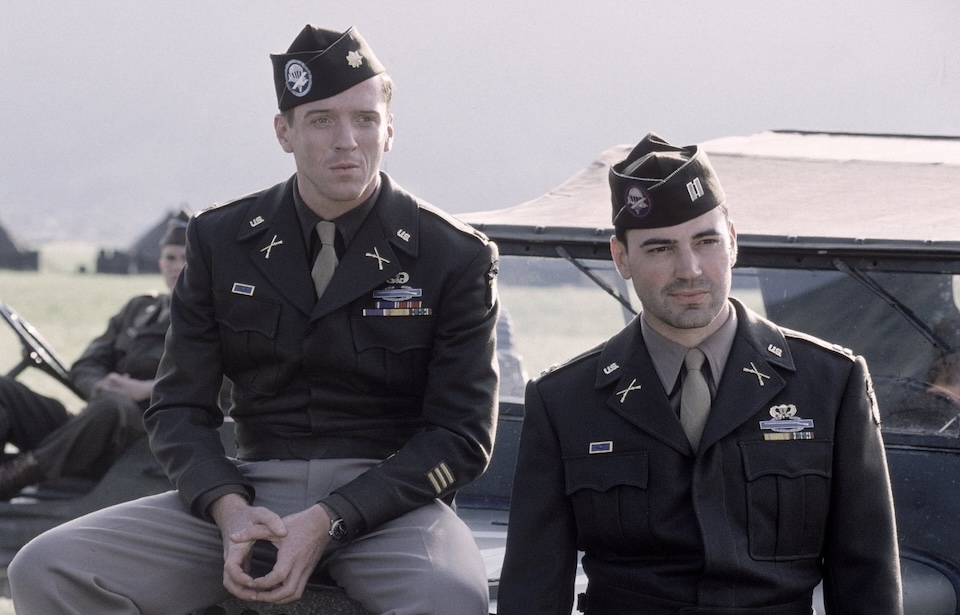True leadership is about far more than a title or rank—it’s rooted in character, vision, and the impact one has on others. Many people hold positions of authority, but genuine leaders distinguish themselves through clarity of purpose, steadiness under pressure, and the ability to elevate those around them. They lead by example, empower rather than control, and stay grounded even when uncertainty rises. In the end, leadership isn’t measured by power or prestige, but by integrity, consistency, and the trust a leader earns. So, what qualities truly define exceptional leaders? Let’s take a closer look.
Willingness to perform tasks you ask of others
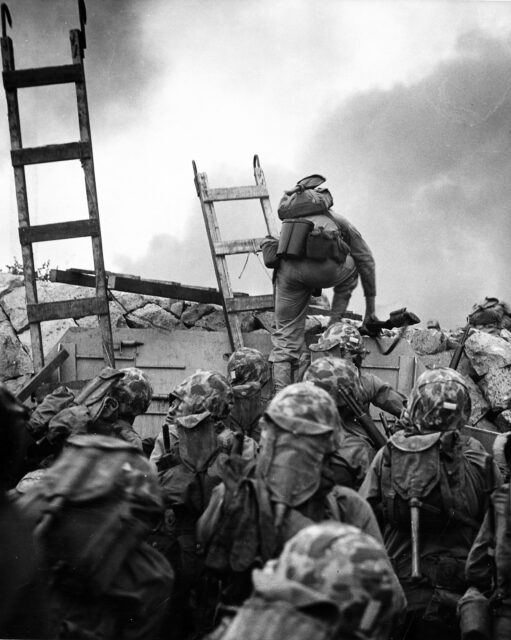
An essential aspect of leadership is the willingness to roll up one’s sleeves and get hands-on. When leaders actively participate in the tasks they delegate, they demonstrate true dedication and diligence. This transforms them from distant authority figures into comrades in the trenches, fostering trust, loyalty, and admiration among the people they guide.
Alexander the Great embodied this principle. He didn’t command from a safe distance—he charged into battle alongside his soldiers, sharing their risks and enduring their hardships. His presence on the front lines not only inspired his troops but reinforced his legitimacy as a leader who never asked others to do what he himself would not.
Treating others as you wish to be treated
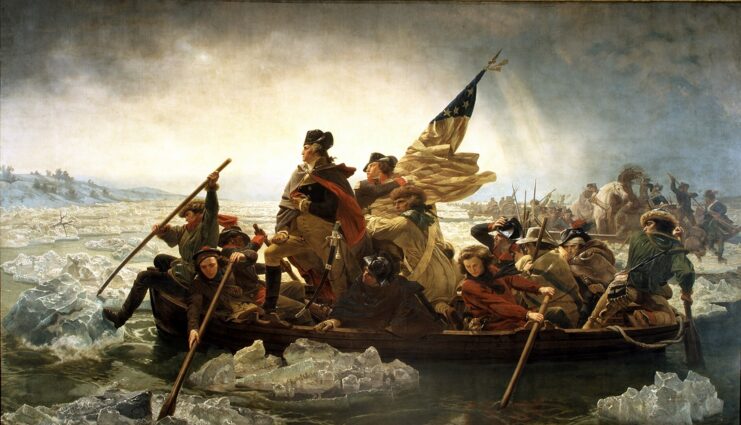
Treating team members with kindness and respect sets a culture of dignity. Successful leaders embody the Golden Rule – “treat others how you want to be treated” – fostering an environment of mutual respect, understanding and collaboration.
George Washington was well-known for his kindness and respect toward his soldiers. He often visited the sick and wounded, leading by a strong moral example.
Being part of the team
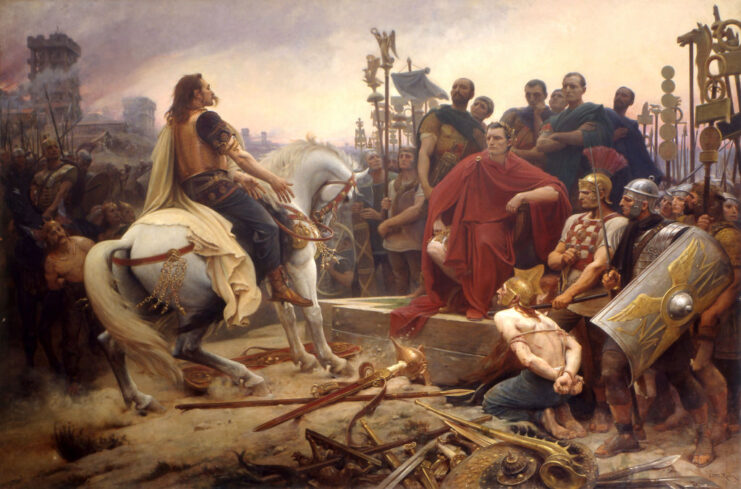
Respected leadership isn’t about exerting power; it’s about being a vital member of the team.
Genuine leaders descend from their positions to stand with their team. They gain respect not by insisting on it, but through their deeds, dedication, and empathy. Julius Caesar demonstrated this by building strong connections with his soldiers, frequently sharing meals and conversations with them. This method garnered him their respect and devotion.
Cultivating and maintaining trust
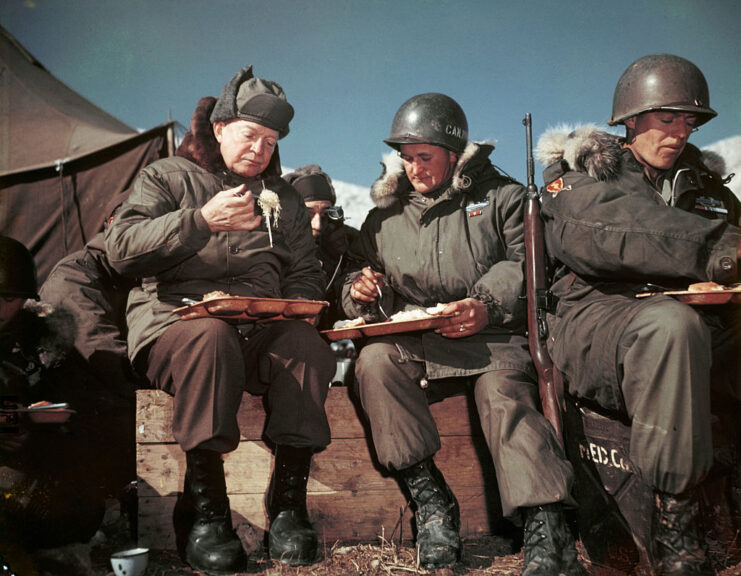
Trust forms the foundation of every relationship, regardless of its nature. Leaders cultivate this trust within their teams by demonstrating reliability, empathy, and openness consistently. In doing so, they foster an environment where honest communication and mutual respect thrive.
General Dwight D. Eisenhower exemplified this principle. During World War II, his troops deeply trusted him due to his clear communication and leadership style, which emphasized understanding their needs.
Listening to ground-level feedback
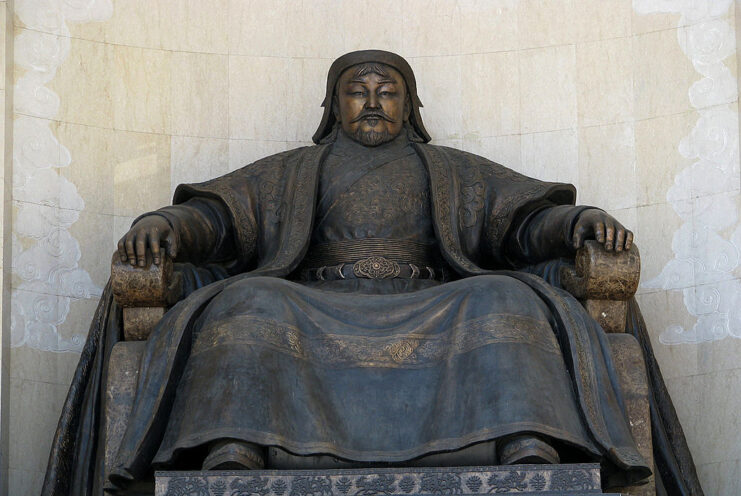
True respect for a leader stems from their ability to listen more than they talk. Leaders who genuinely pay attention to their team’s concerns and ideas foster a space where members feel appreciated and inspired.
Even the powerful Genghis Khan exemplified this principle, acknowledging the input of his soldiers and depending on their direct experiences and viewpoints to make vital strategic choices.
Consistency in good and/or bad situations
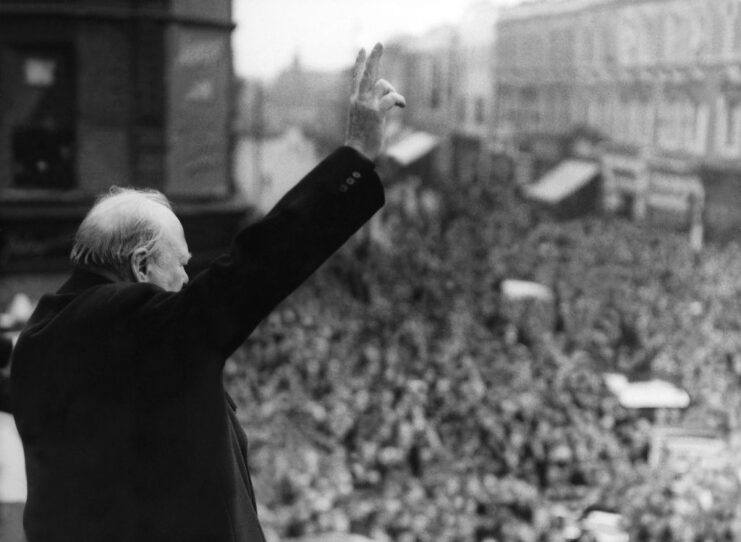
In the turbulent waters of change, a revered leader remains steady. They keep their cool and make sound decisions, showing stability and reliability that inspire confidence and trust in their team.
The tenacity and steadiness of British Prime Minister Winston Churchill during the trials of the Second World War have become legendary.
Being followed out of respect, not fear
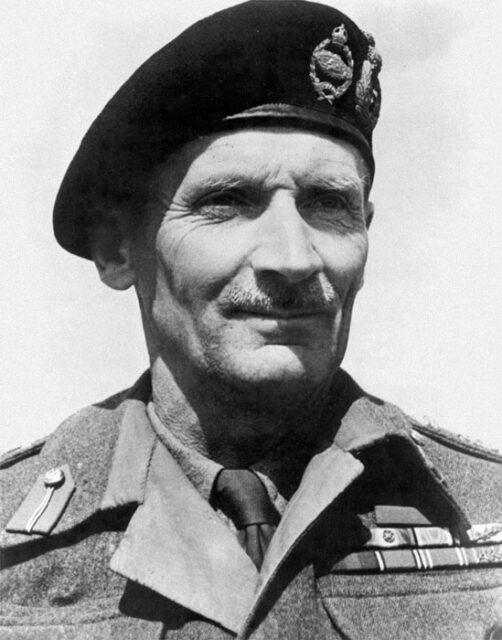
Taking responsibility and standing up for your team
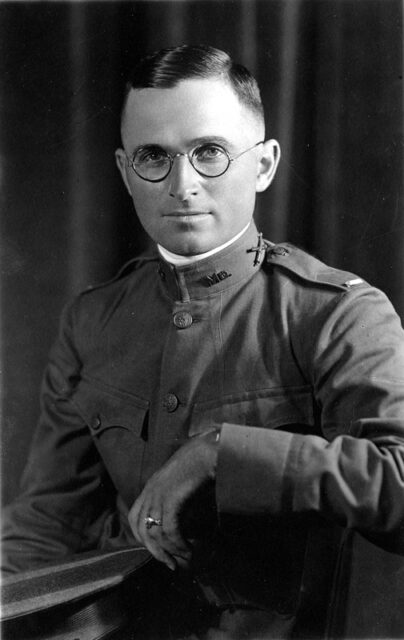
Respected leaders shoulder the weight of responsibility, standing up for their men in the face of adversity. They also take accountability for their actions, setting a precedent of honesty and integrity.
President Harry S. Truman popularized the phrase “the buck stops here,” which embodies his willingness to take responsibility for all decisions made under his command.
Humility
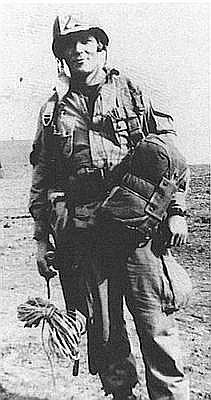
Humility is a quiet, yet potent trait of respected leadership. Leaders share their victories, acknowledge their mistakes and understand that they’re part of a much larger whole.
A notable leader from the famous Easy Company, whose actions were depicted in the HBO miniseries, Band of Brothers (2001), was Maj. Richard Winters. He was respected for his willingness to share in his soldiers’ hardships, demonstrating trust and responsibility. Winters was once asked by his grandson, “Grandpa, were you a hero in the war?” He replied, “No… but I served in a company of heroes.”
Integrity is the name of the game
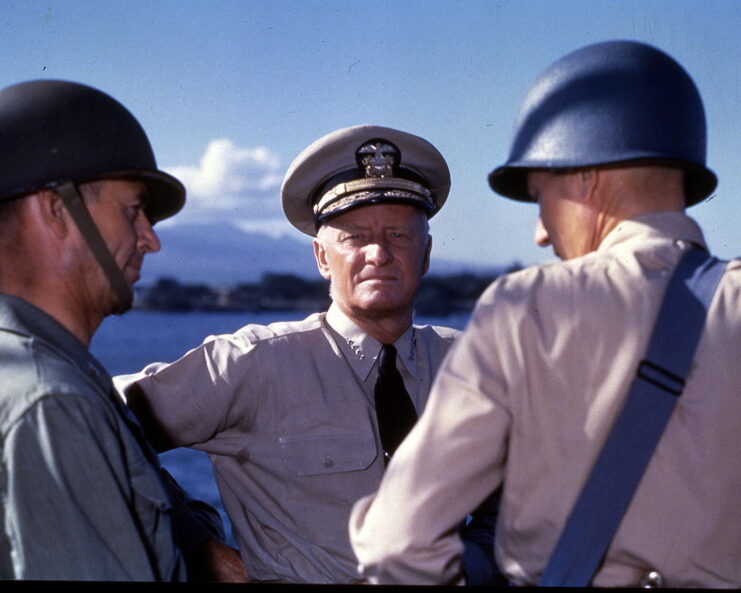
Integrity is the beacon that guides a respected leader’s decisions. They align their actions with their words, creating a transparent, honest and trustworthy environment.
More from us: The Most Impactful Military Vehicles of World War II
Adm. Chester W. Nimitz led the US Pacific Fleet during the Second World War with great success, and he was known for his strong moral character and integrity.
